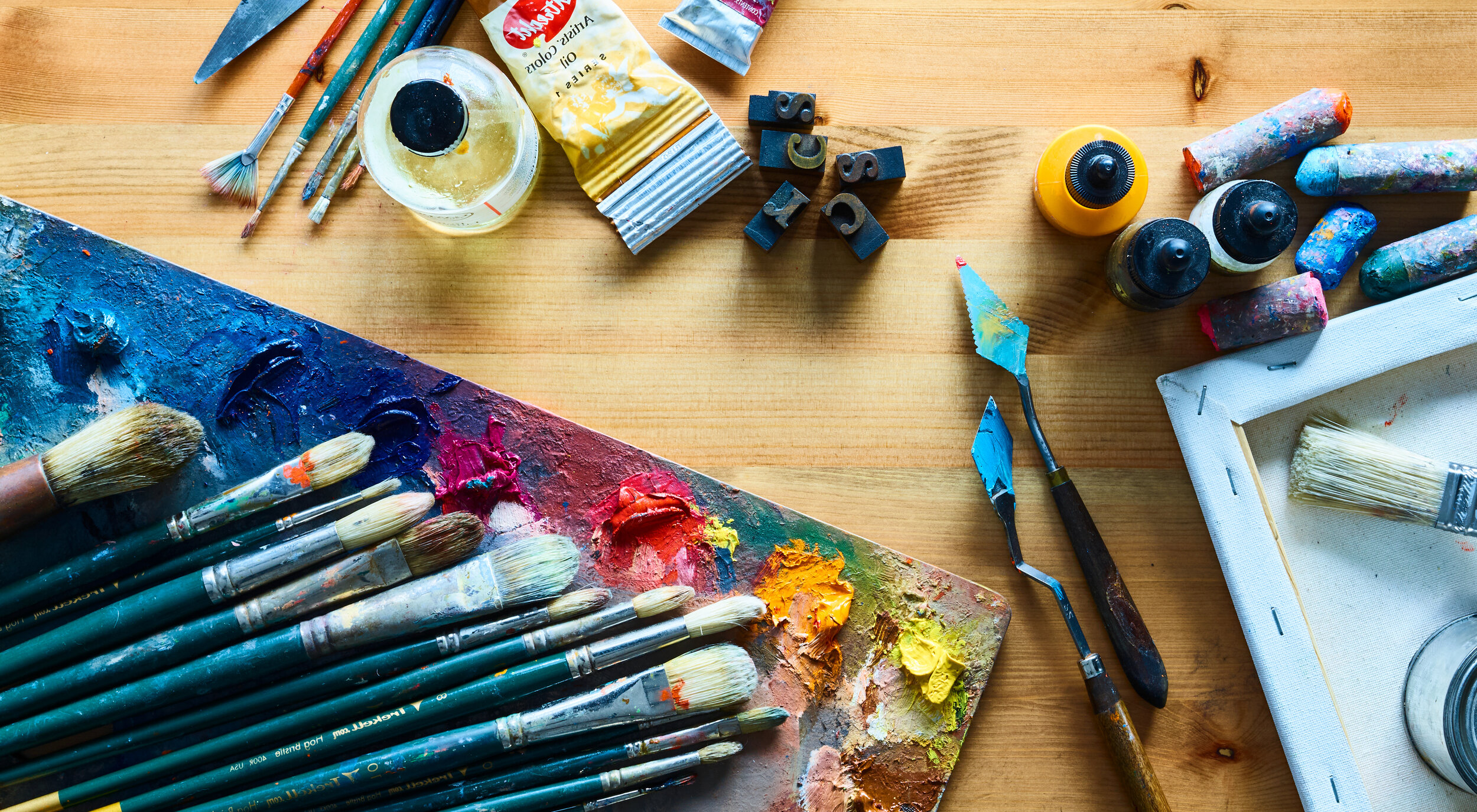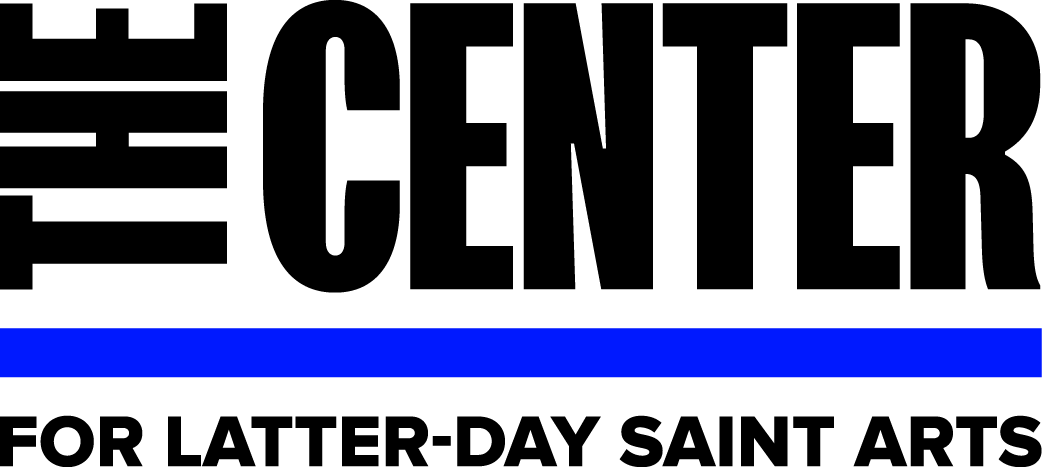
Teens/adults - Lesson 3: Photographs
The word “photography” draws from two Greek words. Together, they mean “drawing with light.” From the first daguerreotype in 1839 through the latest digital breakthrough, photography has always been propelled forward through scientific discovery to capture light and fix it to a more permanent material—paper, glass, fabric, digital pixels, etc. Today, with a smartphone in nearly every pocket around the world, we are all photographers. The creative impulse to capture images and share them makes contemporary photography the most widespread of art forms. Digital photography has automated the act of taking a photograph, certainly, but anyone trying to improve the quality of their pictures confronts the same technical realities that have existed for two centuries: apertures, shutter speed, exposure, light measurement—in addition to the creative issues of composition, storytelling, and general artfulness. The issue, then, is not how to take pictures but how to take better pictures.
Many, many books aim to help. (Amazon.com sells over 90,000 books on photography.) Photographers at every level of expertise can learn more from texts by experts and their peers. Online searches of best books or most popular books about photography will help point the way. To expand your skills, consider approaching photography by genre. Broaden your experience by tackling new kinds of pictures under new conditions, and then improve your technique and creative processes to make photographs to be proud of. Let the following list offer some inspiration:
Abstract photography
Astrophotography
Composite photography
Drone (aerial) photography
Fine art photography
Food photography
Infrared photography
Landscape photography
Long exposure photography
Macro photography
Night photography
Photojournalism
Portrait photography
Sports photography
Still-life photography
Time-lapse photography
Wildlife photography
We asked commercial photographers this question: “What advice would you give to the amateur photographer who wants to take better pictures?”
Mark Hedengren
“I would say google best photographers ever and look at everyone’s work in depth.” https://mark-hedengren-w4sk.squarespace.com
Kah Poon
“Photography is part science and part art. It is basically about the correct exposure and composition. The four things I usually pay attention to before taking the picture are: aperture, shutter speed, iso, and composition. For an amateur photographer who wants to take better pictures, I would suggest shooting with a digital camera and not a film camera. A digital camera makes learning much quicker because you can view your pictures instantly and make corrections accordingly. If you are a beginner, put your 'smart' camera on auto and let it take care of the technical part (aperture, shutter speed, iso) All you have to do is focus on getting the best composition. If you are interested in the technical side of photography, the aperture, shutter speed, and iso control your exposure. Start with the auto setting to let the camera determine your exposure. Then switch it to manual and experiment with different combinations (aperture, shutter, iso). I would also suggest starting with a zoom lens first. This way you have multiple focal lengths to choose from. When you are able to merge the art and science part of photography, you are on your way to becoming a better photographer.” www.kahpoon.com
James Ransom
“Be mindful of where you are pointing the camera—a good composition will improve your photographs right off the bat. Shooting in manual mode on your camera or phone instead of auto will enable you to control the light with more precision. Because we get instant feedback with digital photography, you can make adjustments to the exposure incrementally until you are pleased. You don't need to be afraid of manual mode.” www.jamesransom.com
Mark Weinberg
“Don't worry too much about your camera or lenses and if they are the latest and greatest. A great photo is about light. If you can move your subject to great light, do that. If you are inside your house, turn off the lights and go near a window. If all else fails, turn your photo black and white and increase the contrast! The wonderful thing about digital photography is the ability to experiment with real-time feedback—make mistakes and try again until it looks right.” www.markweinbergphoto.com




